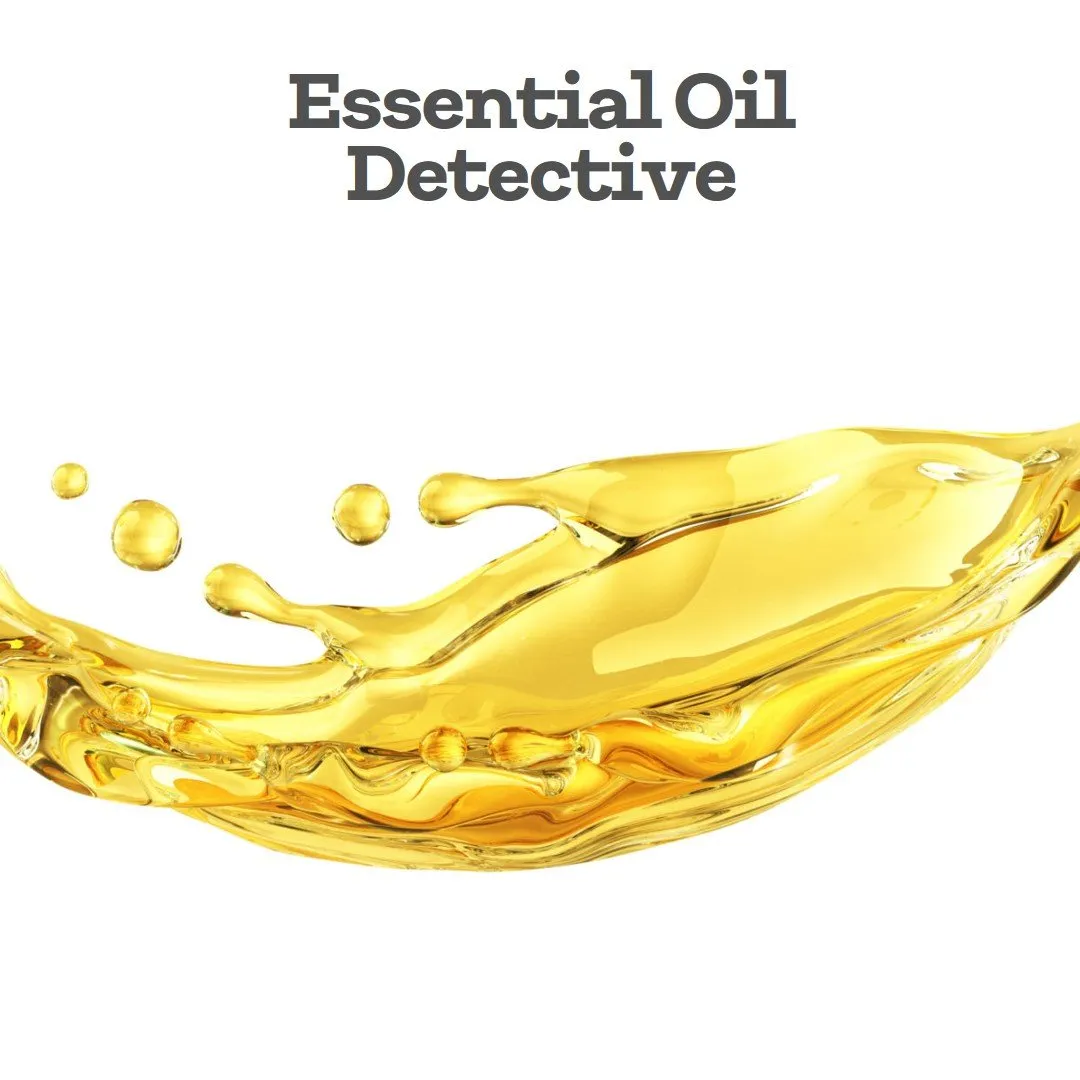Safely Harness the Power of Essential Oils: A Guide to Proper Diffusion
In today's fast-paced world, many of us seek solace and relaxation in the comforting embrace of essential oils.
These potent plant extracts have been used for centuries for their therapeutic properties, ranging from alleviating stress and promoting better sleep to enhancing focus and boosting mood.
However, while essential oils offer numerous benefits, it's crucial to handle them with care, especially when diffusing them into the air we breathe.
Explore the art of safely diffusing essential oils, including the optimal duration for diffusion and essential precautions to consider in this article.
Understanding Essential Oil Diffusion

Essential oil diffusion involves dispersing aromatic molecules into the air, allowing them to be inhaled and absorbed by the body. This method offers a convenient and effective way to enjoy the benefits of essential oils, whether you're seeking relaxation, mental clarity, or a mood boost.
When it comes to diffusing essential oils, moderation is key. While it might be tempting to immerse your space in a continuous cloud of fragrance, it's essential to respect the power of these potent oils and their potential effects on your health and well-being.
Experts generally recommend limiting diffusion sessions to 30–60 minutes at a time. This duration allows you to enjoy the benefits of the oils without overwhelming your senses or risking potential adverse reactions. Additionally, it's advisable to take breaks between diffusion sessions to give your body time to rest and reset.
Precautions for Safe Diffusion
While essential oils offer numerous benefits, certain precautions should be observed to ensure safe and effective diffusion:
1. Dilution
Before diffusing essential oils, it's crucial to dilute them properly. Most essential oils are highly concentrated and can be irritating or even harmful when used undiluted.
When applied topically, you would dilute your essential oils in a carrier oil, such as coconut or jojoba oil to helps reduce the risk of skin sensitization. When diffusing essential oils, you will diffuse them in purified water (per the instructions of your particular diffuser).
2. Avoid Overexposure
Prolonged or excessive exposure to certain essential oils can lead to adverse effects, including headaches, nausea, or respiratory irritation. Exercise caution when diffusing potent oils such as peppermint, eucalyptus, or cinnamon, and adhere to recommended diffusion durations.
3. Pet Safety

While essential oils can benefit humans, they may pose risks to pets, particularly cats and dogs. Some essential oils, such as tea tree oil and citrus oils, can be toxic to animals if ingested or inhaled in large quantities. To ensure the safety of your furry friends, consider diffusing oils in a well-ventilated area away from pets or using pet-safe alternatives.
4. Consultation
If you have underlying health conditions or are pregnant or nursing, it's advisable to consult a healthcare professional before using essential oils, including diffusion. Certain oils may interact with medications or exacerbate existing health issues, so seeking guidance from a qualified healthcare provider can help ensure safe and appropriate usage.
5. Quality Matters
When selecting essential oils for diffusion, opt for high-quality, pure oils from reputable sources. Avoid synthetic fragrances or oils adulterated with additives, as these may not offer the same therapeutic benefits and could contain potentially harmful ingredients.
Essential Oils and Their Precautions
While many essential oils can be safely diffused, some oils require extra caution due to their potency or potential side effects. Here are a few examples:
1. Citrus Oils (Lemon, Orange, Grapefruit)

While citrus oils are prized for their uplifting aroma and mood-boosting properties, they can increase photosensitivity when applied to the skin. Exercise caution when diffusing citrus oils, especially if you plan to spend time in the sun afterward.
2. Eucalyptus
Eucalyptus oil is renowned for its respiratory benefits and is commonly used to ease congestion and promote clear breathing. However, it's important to use eucalyptus oil sparingly and avoid prolonged diffusion, as it can be overwhelming and may cause respiratory irritation, especially in children or individuals with asthma.
3. Peppermint
Peppermint oil is beloved for its refreshing scent and invigorating effects. However, due to its high menthol content, it should be diffused cautiously, especially in close quarters. Overexposure to peppermint oil can trigger headaches or aggravate respiratory conditions.
By following these guidelines and precautions, you can safely harness the power of essential oils and enjoy their myriad benefits through proper diffusion. Remember to prioritize moderation, dilution, and consultation when incorporating essential oils into your wellness routine, and always listen to your body's cues for a harmonious and uplifting experience.
